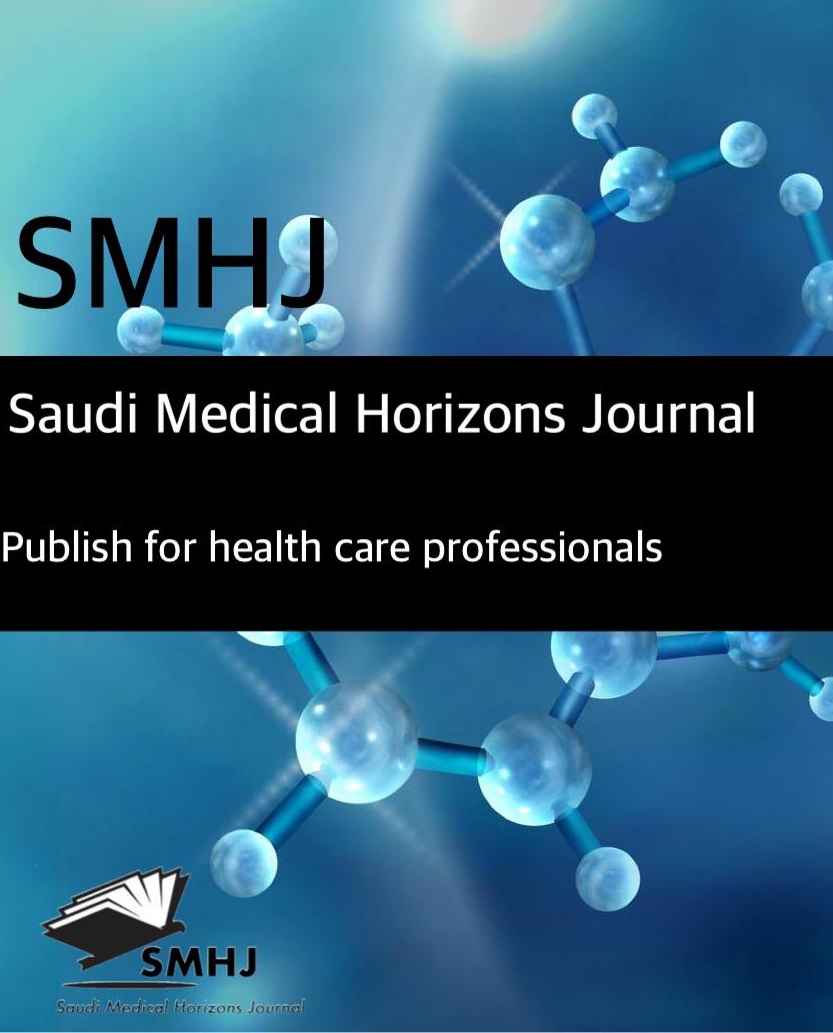Screening and Impact of Non-Pharmacological Interventions for Gastroesophageal Reflux Disease in Eastern Province of Saudi Arabia
DOI:
https://doi.org/10.54293/smhj.v5i3.158Keywords:
Gastroesophageal reflux disease (GERD), Lifestyle modification, non-pharmacological treatment, Natural RemediesAbstract
Background: Gastroesophageal reflux disease (GERD) is a prevalent gastrointestinal condition influenced by lifestyle factors such as obesity and diet. While proton pump inhibitors (PPIs) are widely used, concerns about long-term use have increased interest in non-pharmacological interventions.
Objective: To evaluate the prevalence of GERD and the effectiveness of non-pharmacological strategies, including lifestyle changes and natural remedies, among adults in the Eastern Province of Saudi Arabia.
Methods: A cross-sectional study was conducted from January to March 2025 using an online survey. Adults aged 18 years and older were screened with the GERD-Q questionnaire. Data on demographics, lifestyle practices, and symptom management approaches were collected. Statistical analyses included t-tests, ANOVA, and Pearson correlations.
Results: Of 567 respondents, 171 met inclusion criteria (GERD-Q ≥ 8). Most were females (60.8%), aged 30–50 years, and over 70% were overweight or obese. Common interventions included avoiding lying down after meals (73.2%) and elevating the bed head (64.3%). Fewer than 18% used natural remedies such as honey, melatonin, and pomegranate, with limited perceived benefit. No significant differences in symptom severity were found between users and non-users of individual interventions. While Participants using combined treatment (both pharmacological and non-pharmacological) reported higher symptom scores (p = 0.0003), likely reflecting more severe GERD. Correlations between symptom scores and age, BMI, and lifestyle factors were weak.
Conclusion: Given the limited effectiveness observed for individual non-pharmacological interventions in the Eastern Province, personalized treatment approaches and further research are critically needed to optimize GERD management in this population.
Downloads
Published
How to Cite
Issue
Section
License
Copyright (c) 2025 Saudi Medical Horizons Journal

This work is licensed under a Creative Commons Attribution 4.0 International License.



